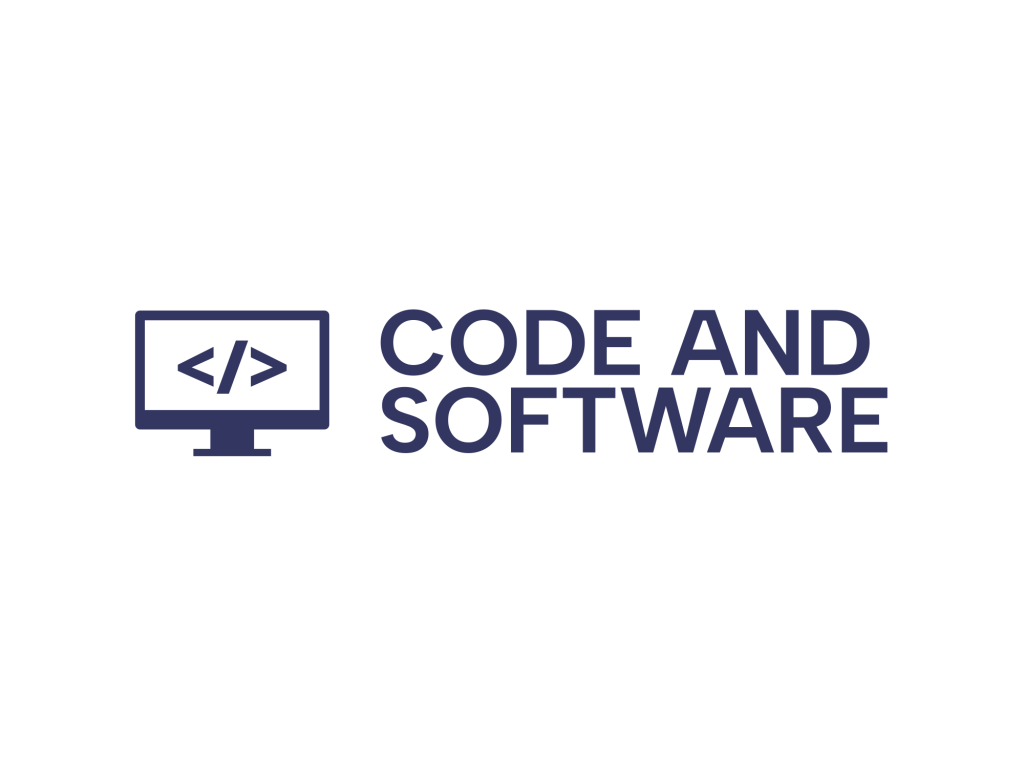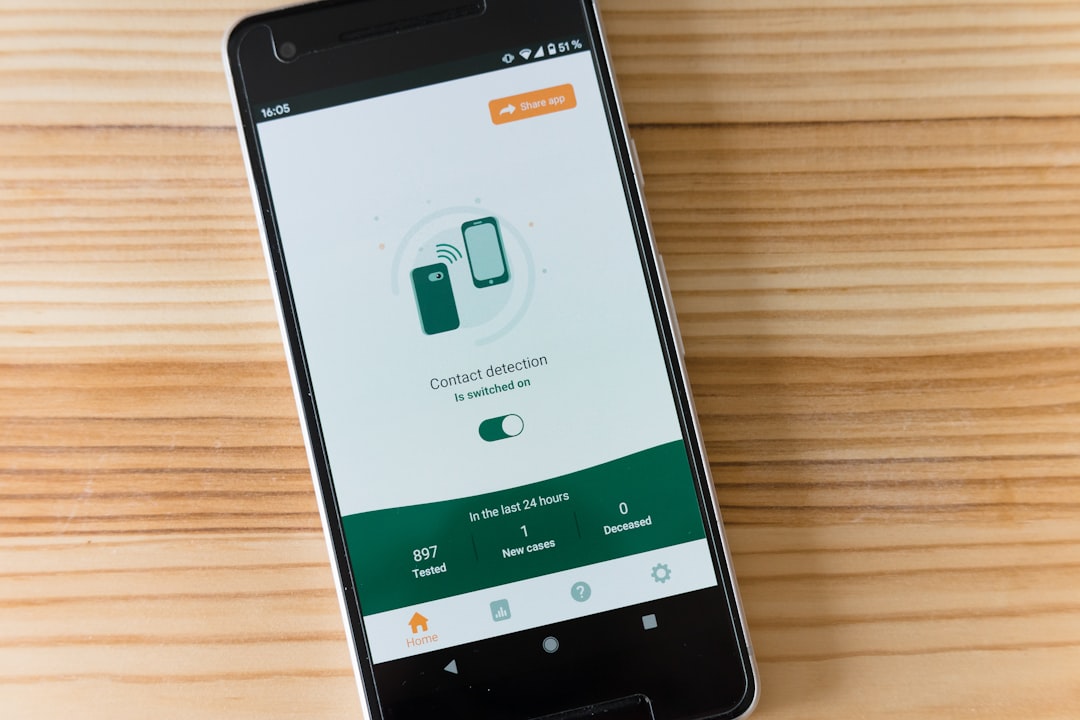In an increasingly digital world, privacy has become a major concern for internet users. Every click, every search, and even every location can be tracked, logged, and sold. That’s where Virtual Private Networks (VPNs) come into play. While many premium VPN services are available, a growing number of people are turning to free VPNs as a reliable way to protect their privacy—without the financial commitment.
How a Free VPN Works
A free VPN functions similarly to a paid one: it encrypts a user’s internet traffic and routes it through a secure server. This not only masks the user’s IP address but also creates a private tunnel between the user’s device and the internet, keeping prying eyes at bay.

Top Benefits of Using a Free VPN
- Cost-Efficiency: The primary advantage is, of course, the cost. Users can take advantage of many privacy and security benefits without spending a dollar.
- Enhanced Online Privacy: Free VPNs provide basic encryption that hides online activities from ISPs, advertisers, and even hackers.
- Bypass Geo-Restrictions: Many free VPNs offer servers in multiple countries, allowing users to access region-restricted content, including websites and streaming services.
- Public Wi-Fi Protection: Using unsecured public Wi-Fi networks can expose users to threats. A free VPN offers an extra layer of security in such situations.
- Easy Setup and Use: Most free VPNs are easy to install and user-friendly, making them accessible even for non-tech-savvy individuals.
Limitations to Consider
While free VPNs offer several benefits, they also come with limitations. These may include data caps, slower speeds, and limited server access. Some free VPNs may even display ads or offer less robust encryption protocols. Therefore, it’s crucial to research and select a reputable provider that does not log or sell user data.

Security Concerns and How to Avoid Them
Not all free VPNs are created equal. It’s important to choose one with a solid privacy policy and transparent operations. Look for providers that promise:
- No-logs policy – ensures that your online activities are not stored
- End-to-end data encryption – guards against third-party snooping
- Reliable server infrastructure – for consistent and safe connections
Reputable free VPNs often offer limited features as a sample for their paid versions but are still much safer than going unprotected online. Avoid unknown VPN applications with a history of data leaks or unclear privacy policies. Reading user reviews and expert analyses can be extremely helpful in this regard.
When Is a Free VPN a Good Fit?
Free VPNs are ideal for casual users who want to boost their online privacy while browsing, encrypt their connection during short sessions on public Wi-Fi, or get limited access to geo-blocked content. For users with advanced privacy needs, such as journalists or remote workers handling sensitive data, a premium VPN may be more suitable.
Conclusion
Free VPNs offer a practical solution for protecting online privacy and accessing restricted content—without financial cost. While they may not provide the comprehensive features of premium services, they serve as a valuable starting point for anyone looking to enhance their internet security.
FAQs
- Is a free VPN really secure?
A free VPN can be secure if it comes from a reputable provider. Always look for strong encryption and a no-logs policy. - Do free VPNs work for streaming?
Some do, but they may have slower speeds or data limitations that affect streaming quality. - How do I choose the right free VPN?
Check for user reviews, privacy policies, and the specific features that align with your browsing needs. - Can I use a free VPN on my phone?
Yes, many free VPNs offer mobile apps compatible with both Android and iOS devices. - Will a free VPN slow down my internet connection?
It might. Free VPNs often have fewer servers and more users, which can lead to slower speeds compared to paid alternatives.


Leave a Reply